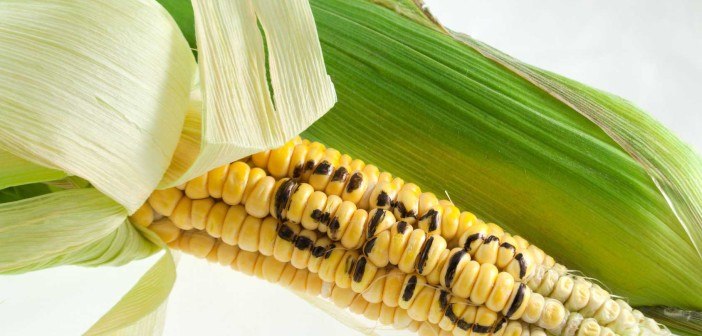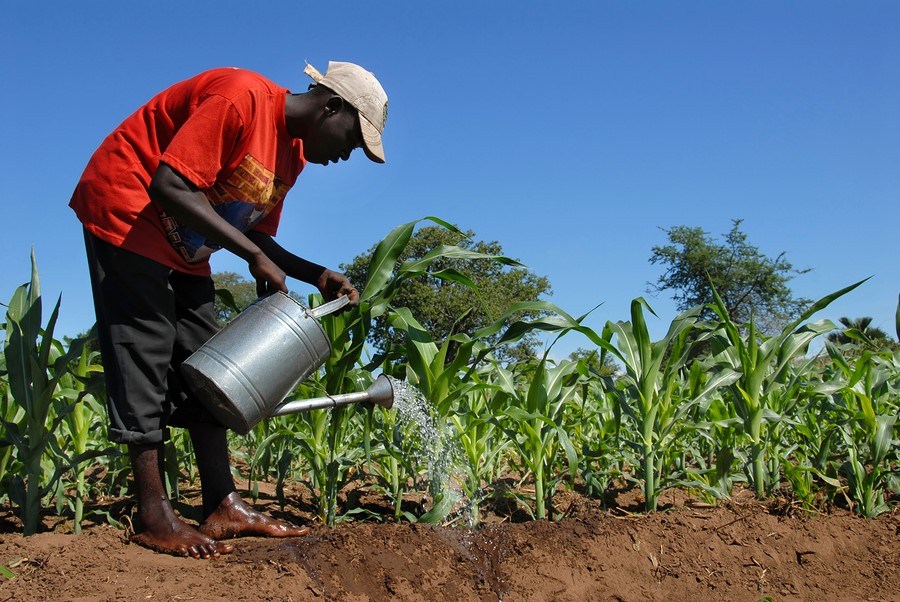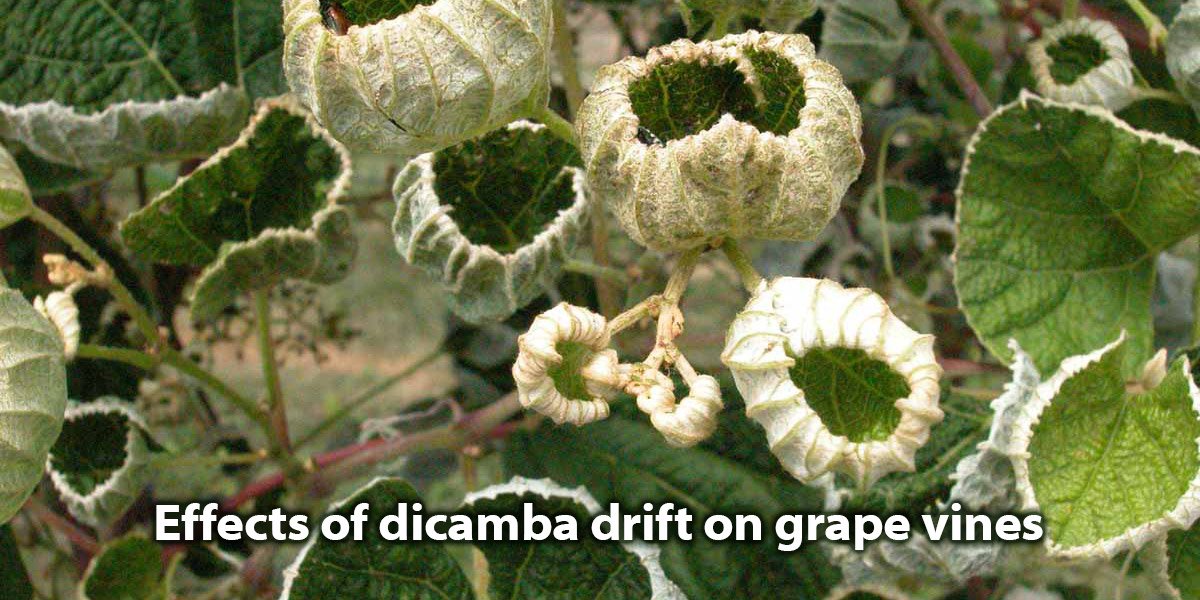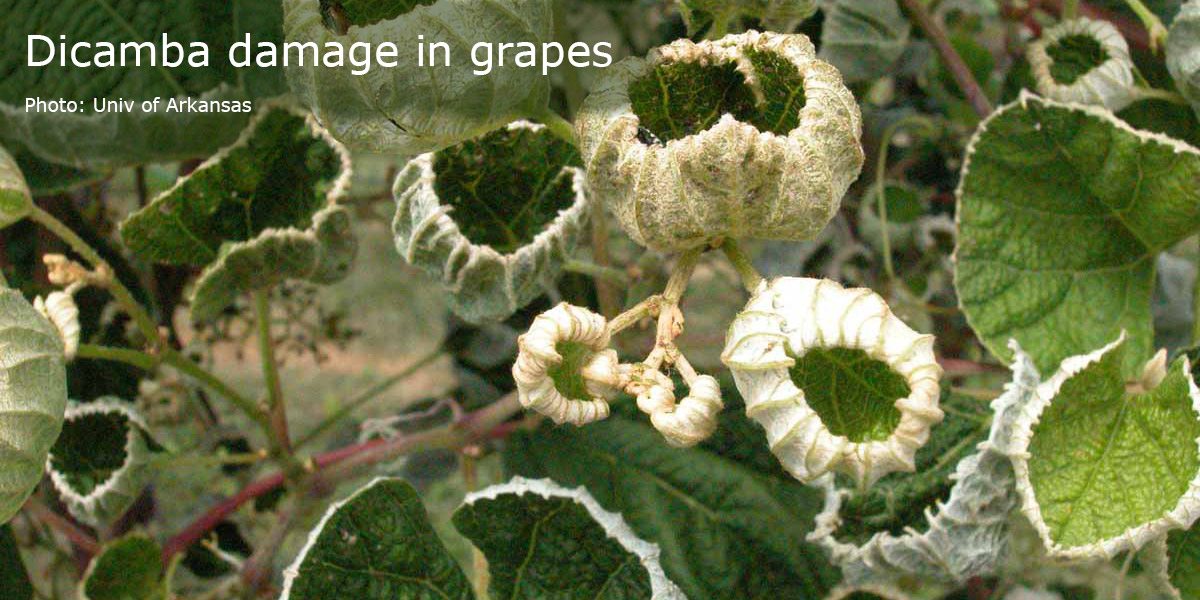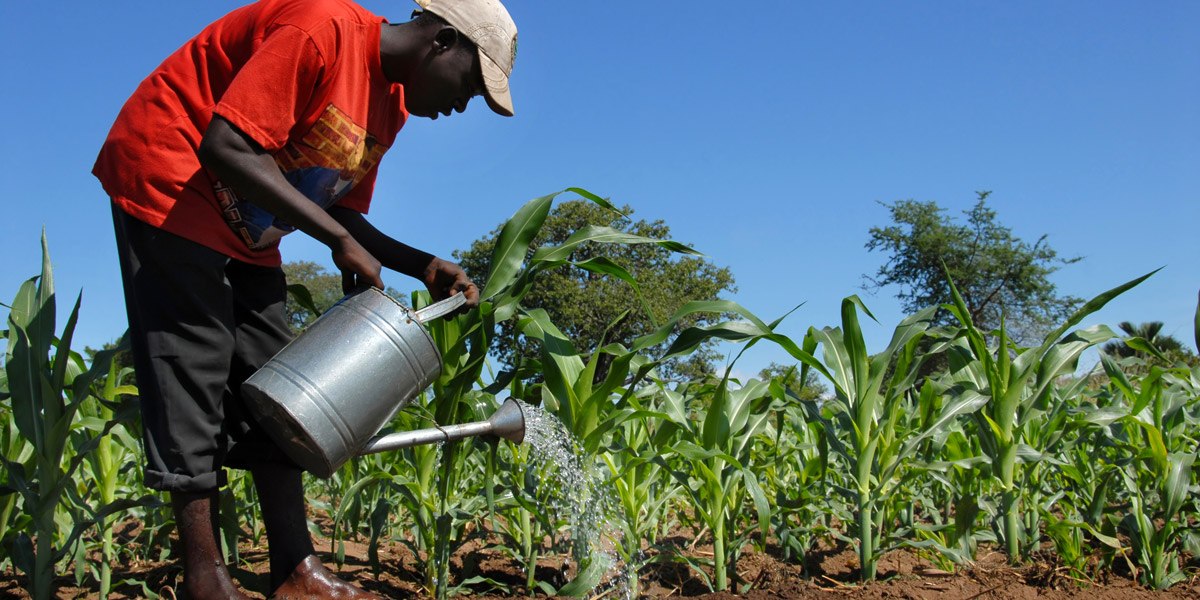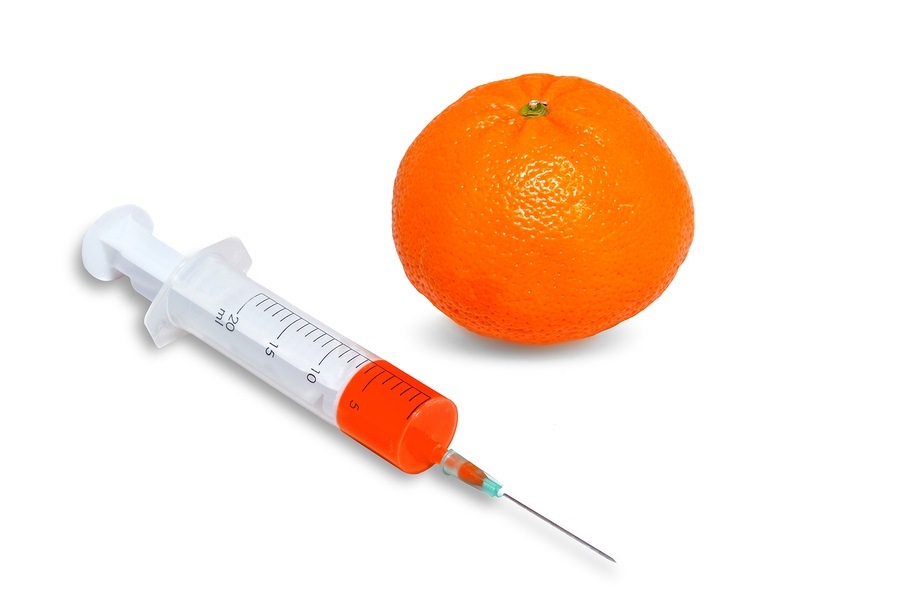Monsanto Loses Millions as Indian Cotton Farmers are Switching Back to Indigenous Seeds
Monsanto is making the news these days for losing. They have lost three court cases in which Roundup has been linked to cancer. In India, they are losing, too. After years of pushing a strain of Bt Cotton, Indian farmers have had enough and are switching back to native seeds for the cotton industry. It’s been a hard road for cotton farmers in India dealing with Monsanto. To begin with, Monsanto illegally began open field trials of its GMO Bt cotton in 1997 and announced it would begin selling seeds the following year. In turn, the Indian Supreme Court would not allow the biotech giant to sell seeds until 2002. Since then, over 300,000 Indian farmers have committed suicide. It is believed that many of these suicides were linked to major debts incurred by the systematic control of Monsanto and Bt cotton. Expensive seeds and the pesticides needed can only be bought from Monsanto. The agricultural ministry of India stated, “Cotton farmers are in a deep crisis since shifting to Bt cotton. The spate of farmer suicides in 2011-12 has been particularly severe among Bt cotton farmers.” Monsanto’s Bt cotton seeds have been dubbed “Seeds of Suicide” by residents in India. And now, India is waking up and ready to fight back. The Indian government has begun to promote the use of native varieties of cotton, seeds more specific to each area. In the time that farmers have begun switching back to indigenous seeds, Monsanto has seen a loss of $75 million.





